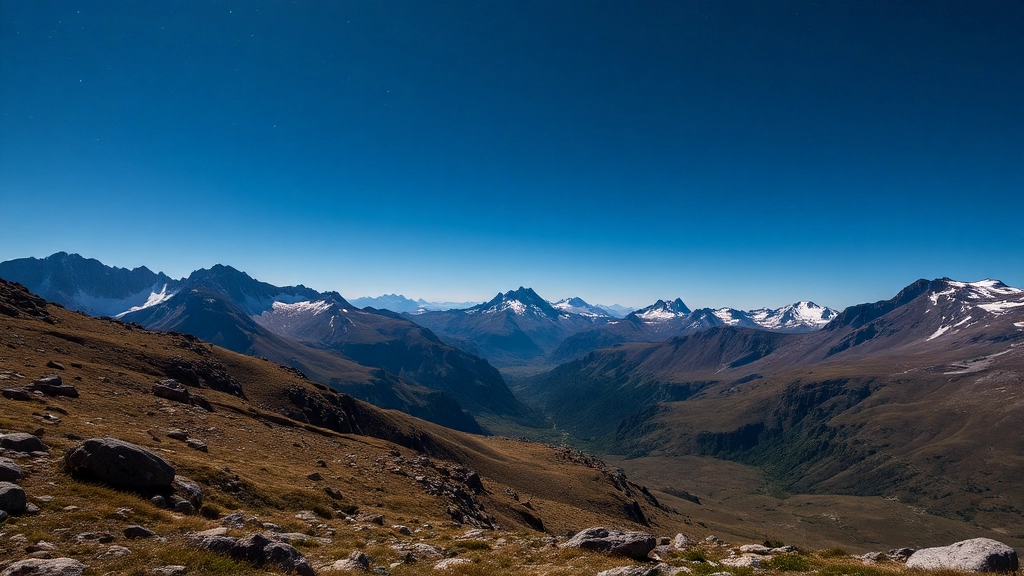To be honest, the term “ultralight backpacking” is kind of lame. That’s just the way it is. It tries to put an extreme spin on an activity that is supposed to be associated with the serenity and tranquility of the outdoors. As someone who has been playing “ultimate frisbee” for a decade, I’m no stranger to that label. But the truth is that ultralight backpacking is not so different from traditional backpacking. It’s still about carrying what you need to venture into the wilderness and have an adventure. The weight of the backpack doesn’t change the activity itself.
What really bothers me, though, is that being an “ultralight” backpacker is not really a measure of success. Simply carrying a lighter pack doesn’t automatically make you a better backpacker. What really matters is your experience, knowledge and skills. So why does everyone care so much about backpack weight?
Despite the problems with the concept of “ultralight”, I still think it has merit. I’m willing to bet that it will be popular for many years to come, and here’s why:
1. Backpackers crave lightweight packs
The “ultralight” label captures something that every backpacker can agree on: we all want lighter packs. Anyone who’s ever hiked a steep trail with a heavy pack knows that less weight means more comfort. Even casual hikers with camping chairs and bulky stoves on the weekends are always looking to cut down on excess gear.
Every time I set out on the trail, people ask about my pack. They want to know how I manage to be so lightweight and what gear I carry. They assume I’ve sacrificed comfort, but that’s not the case. I still sleep on a cozy pad and cook in my tent.
Carrying lighter gear is a smart move, and “ultralight” is just a category that reflects this trend. Personally, I’m not a fan of labels, but there’s no denying that my hiking experience is much better when I’m packing light.
If you’re looking for a tent that combines a lightweight design with practical features, check out this MSR Habiscape Tent Review. It’s a great option for those who want to reduce the weight of their pack without sacrificing quality.
2. Ultralight gear sells
Let’s face it: “ultralight” exists primarily to sell gear. Every time I go to a store like REI, I see more and more products labeled “ultralight”. Backpacks, tents, sleeping pads, stoves, trekking poles – the list goes on. The term is used freely because there are no standards for ultralight, so manufacturers are free to use it as they see fit. But here’s the key issue: lighter gear sells better. Backpackers like to pack light, and companies know it.
3. Backpackers are all about the numbers
Let’s face it – backpackers like to measure things. We spend hours weighing every piece of gear we own. We record the weight of our gear, obsess over new lightweight gadgets, and gush about the latest and greatest lightweight tool. These are all part of the fun of trying to improve our time on the road. So finding a way to categorize backpack weight was inevitable.
The categorization is as follows:
- If your base weight (everything but food, fuel, and water) is less than 20 pounds, it’s “lightweight” (LW).
- Under 10 pounds? You’re in the “Ultra Light” (UL) category.
- Under 5 pounds? That’s “Super Ultra Light” (SUL).
- Under 2.5 pounds? You’re in the “Ultra Lightweight” (XLU) category.
- If you go any lighter, you could just camp naked.
Yes, that’s a bit of an exaggeration, and to be honest, the difference between 9.8 pounds and 10.2 pounds isn’t really that significant. But a simple way to categorize backpack weight is harmless and, frankly, unavoidable.
4. It’s a valid buzzword.
Like it or not, “ultralight” is a catchy, straightforward buzzword. It means “super, super light,” which is certainly appealing. Sure, it’s a bit of an exaggeration, but it works. When people hear the word “ultralight,” they immediately think of lighter, faster, more efficient gear. It’s a marketing win.
So while I may not be the biggest fan of the term, there’s no denying that it’s here to stay – thanks to its simplicity, appeal, and ability to sell both the gear and the experience of hiking more comfortably and lightly.
In the end, it’s not about labels. What matters is having the right gear and knowledge, and enjoying the outdoors in the way that best suits you. However, if ultralight gear makes you have a better time in the outdoors, then stick with it.
From a macro perspective, this may seem trivial. But I’ll admit, it does have a certain appeal.
So what will the future of ultralight backpacking look like? Who knows, only time will tell. However, I’d love to hear your thoughts. If you have a moment, please leave a comment below and help us start a discussion. If you’re looking to enhance your backpacking experience, check out our 7 Essential Backpacking Tools You Must Have for Your 2015 Adventure. As always, thanks for reading!
- Core Resonance
